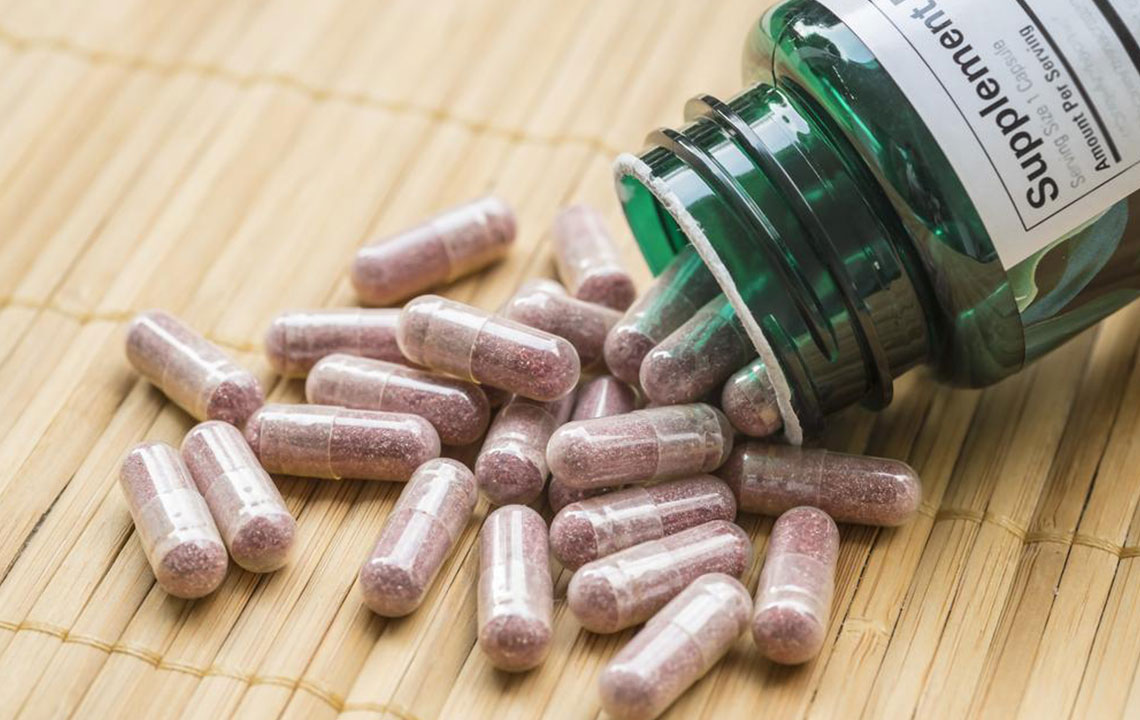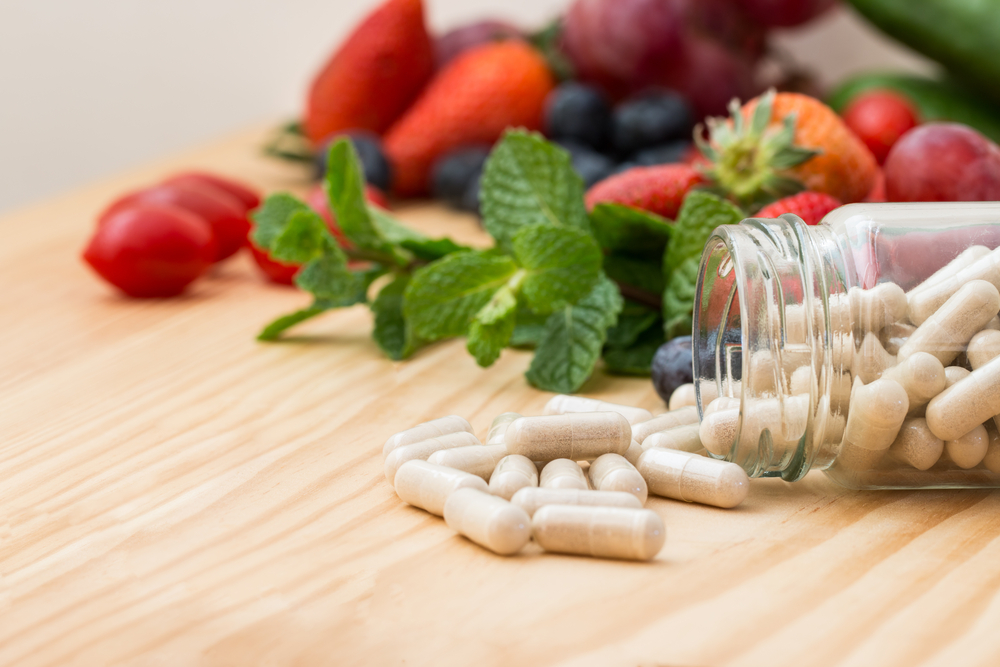Vital Role of Vitamin B12 and How to Supplement Effectively
Discover the essential benefits of vitamin B12, its role in the body, deficiency risks, natural sources, and top supplements. Learn how proper intake supports overall health and wellbeing for various age groups. Always seek professional advice for guidance tailored to your individual needs.

Key Benefits of Supplementing with Vitamin B12
Vitamin B12, an essential nutrient, is crucial for maintaining overall health. Since our bodies cannot produce it naturally, it must be obtained through diet or supplements. Regular intake of B12-rich foods supports optimal wellness. When diet isn't sufficient, supplements offer an effective way to prevent deficiency-related health problems.
Importance and Function of Vitamin B12
Water-soluble and vital for brain and nerve health, vitamin B12 helps create myelin, the protective layer around nerves, ensuring quick nerve signals. It also aids in forming red blood cells, DNA synthesis, and fat and amino acid metabolism.
Although deficiency is uncommon in the U.S., factors like aging, alcohol misuse, surgeries, or prolonged use of acid reducers can increase risk. Vegans may also face deficiency due to lack of animal-based foods. Conditions such as gastritis, pernicious anemia, or digestive issues can impair absorption, leading to deficiencies.
Impact of Deficiency
Vitamin B12 deficiency primarily manifests as anemia. If left untreated, symptoms include fatigue, weakness, shortness of breath, neurological problems like numbness or gait issues, vision disturbances, and mental health issues like depression and memory loss. Poor absorption worsens these effects.
Correct dosage varies by age and health. Adults over 14 should aim for 2.4 micrograms daily. Pregnant women need 2.6 micrograms, while breastfeeding moms require about 2.8 micrograms. Older adults over 50 may need higher doses, ranging from 25 to 100 micrograms per day, to enhance absorption. Children's doses are tailored to support growth.
Always consult a healthcare professional to determine appropriate supplementation and prevent adverse reactions.
Natural Dietary Sources of B12
If deficiency isn't severe, most individuals can meet their needs through diet—especially with animal products. Good sources include seafood (shellfish, fish, crab), meats (beef, pork, liver), dairy (milk, cheese, yogurt), eggs, and fortified plant-based foods like tofu and soy milk.
Top Vitamin B12 Supplements in the U.S.
Based on Labdoor's analysis of purity and ingredient quality, leading brands include:
Vegan Safe B12
Nature Made B12 Timed Release
Twinlab B12 Dots
Live Wise Naturals B12
Nature Made B12
While deficiencies are rare, timely management with suitable B12 intake—whether from diet or supplements—is key to maintaining mental and physical health. Recognizing B12's vital role is essential for overall well-being.
Disclaimer:
This educational content aims to provide general insights. It isn't a substitute for professional medical advice. Always consult healthcare providers for personalized guidance. We are not responsible for inaccuracies or differences in individual cases. Explore options that best suit your health needs beyond this information.


